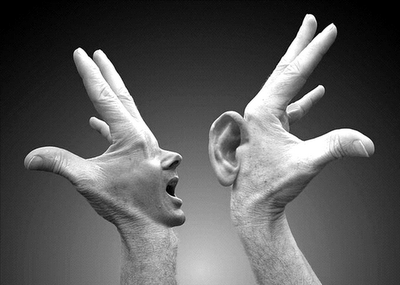

Gustatory hallucinations: When you taste something you didn’t eat.Olfactory hallucinations: When you smell something that’s not real.Visual hallucinations: When you see something that’s not real.Auditory hallucinations: When you hear something that’s not real.There are many types of hallucination, including: Advertisement - Article Continues Below. They can also change from hallucination to hallucination.Īll the above combinations and variations are common. They can also range in intensity from slightly noticeable to blatantly obvious.

They can also precede, accompany, or follow a period of nervousness, anxiety, fear, and stress, or occur "out of the blue" and for no apparent reason. Hallucinations can occur rarely, occasionally, or frequently.Īnxiety hallucinations can occur at any time, including with other anxiety symptoms or by themselves. Sometimes, two or more senses are affected at the same time. Hallucinations can affect any of our senses. Smelling a strong smell when nothing is causing it.Feeling a cool breeze on your face when there is no breeze.
 Feel like someone touched your arm when there is no one around. You have a specific taste in your mouth, yet you have nothing in your mouth to cause that taste. Having what can seem like real experiences when drifting off to or waking up from sleep. Having experiences you firmly believe occurred, but no one else with you experienced them. Hearing sounds that no one else can hear. Seeing something out of the corner of your eye, yet there is nothing there. Seeing something that didn’t occur, but it was so real you firmly believe you saw it. Seeing someone or something pass behind or to the side of you when no one or nothing did. Hearing someone call your name when no one did. You hear voices in your head, but you know they aren’t yours or concepts you’d normally think to yourself. You feel a strong physical sensation, but there isn’t anything around you to cause it. You have a strong smell of something, but nothing around you created that smell. You have a taste of a particular food, yet you didn’t eat anything that would cause that taste.
Feel like someone touched your arm when there is no one around. You have a specific taste in your mouth, yet you have nothing in your mouth to cause that taste. Having what can seem like real experiences when drifting off to or waking up from sleep. Having experiences you firmly believe occurred, but no one else with you experienced them. Hearing sounds that no one else can hear. Seeing something out of the corner of your eye, yet there is nothing there. Seeing something that didn’t occur, but it was so real you firmly believe you saw it. Seeing someone or something pass behind or to the side of you when no one or nothing did. Hearing someone call your name when no one did. You hear voices in your head, but you know they aren’t yours or concepts you’d normally think to yourself. You feel a strong physical sensation, but there isn’t anything around you to cause it. You have a strong smell of something, but nothing around you created that smell. You have a taste of a particular food, yet you didn’t eat anything that would cause that taste.  You were initially convinced you saw or heard something, but upon closer investigation, what you saw or heard didn’t occur. You see or hear something that isn’t real. They can also be caused by an infection, brain tumour or confusion (delirium), especially in older people.Common descriptions of anxiety hallucinations include: They can happen if you have migraines, a high temperature or just as you wake up or fall asleep. Sometimes hallucinations can be temporary. a change or loss of vision, such as Charles Bonnet syndrome. Alzheimer's disease or Parkinson's disease. mental health conditions like schizophrenia or a bipolar disorder. Hallucinations can be caused by many different health conditions that affect the senses. think that your body is moving like flying or floating when it is not. taste things that only you feel are not pleasant or is strange.
You were initially convinced you saw or heard something, but upon closer investigation, what you saw or heard didn’t occur. You see or hear something that isn’t real. They can also be caused by an infection, brain tumour or confusion (delirium), especially in older people.Common descriptions of anxiety hallucinations include: They can happen if you have migraines, a high temperature or just as you wake up or fall asleep. Sometimes hallucinations can be temporary. a change or loss of vision, such as Charles Bonnet syndrome. Alzheimer's disease or Parkinson's disease. mental health conditions like schizophrenia or a bipolar disorder. Hallucinations can be caused by many different health conditions that affect the senses. think that your body is moving like flying or floating when it is not. taste things that only you feel are not pleasant or is strange. Auditory hallucinations example skin#
feel touch or movement in your body that is not real like bugs are crawling on your skin or your internal organs are moving around. see things that are not there like objects, shapes, people or lights. hear sounds or voices that nobody else hears. Get medical help if you or someone else have hallucinations. Hallucinations are where you hear, see, smell, taste or feel things that appear to be real but only exist in your mind.







 0 kommentar(er)
0 kommentar(er)
